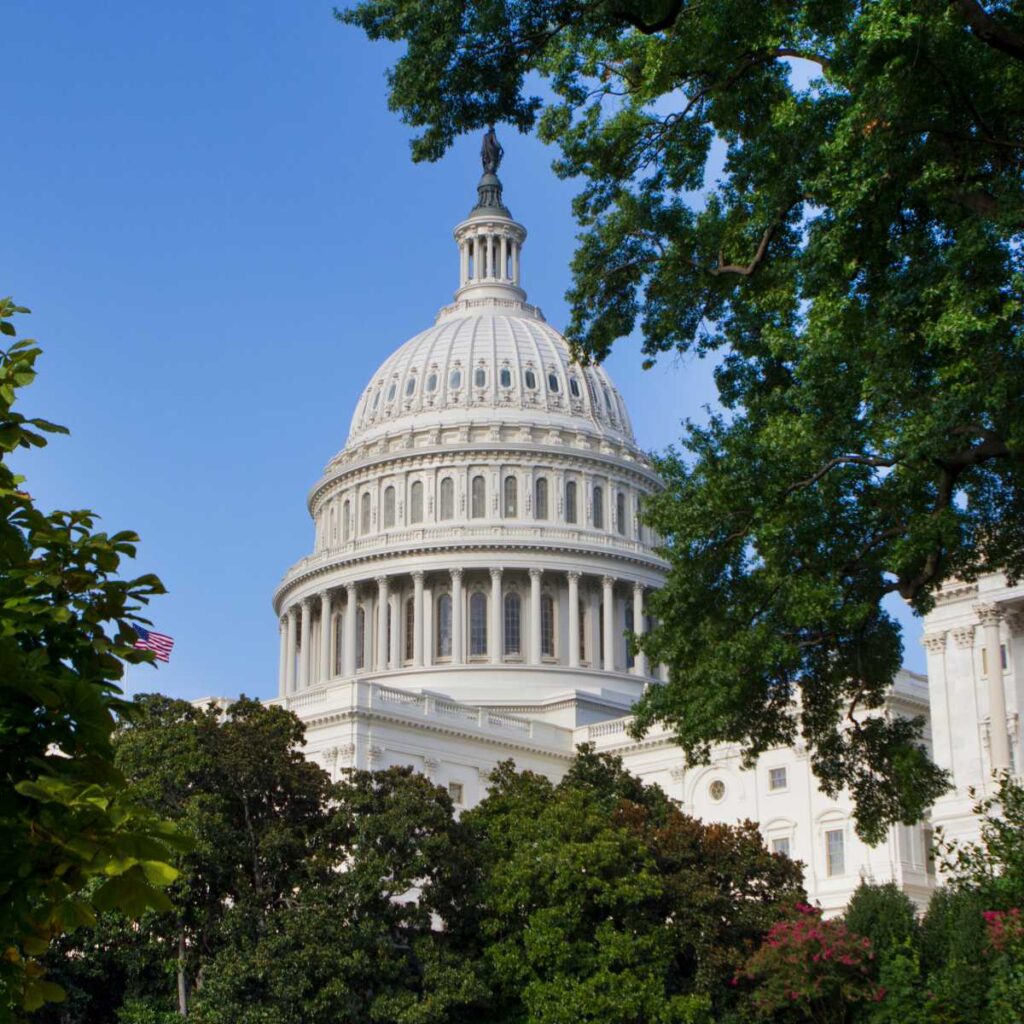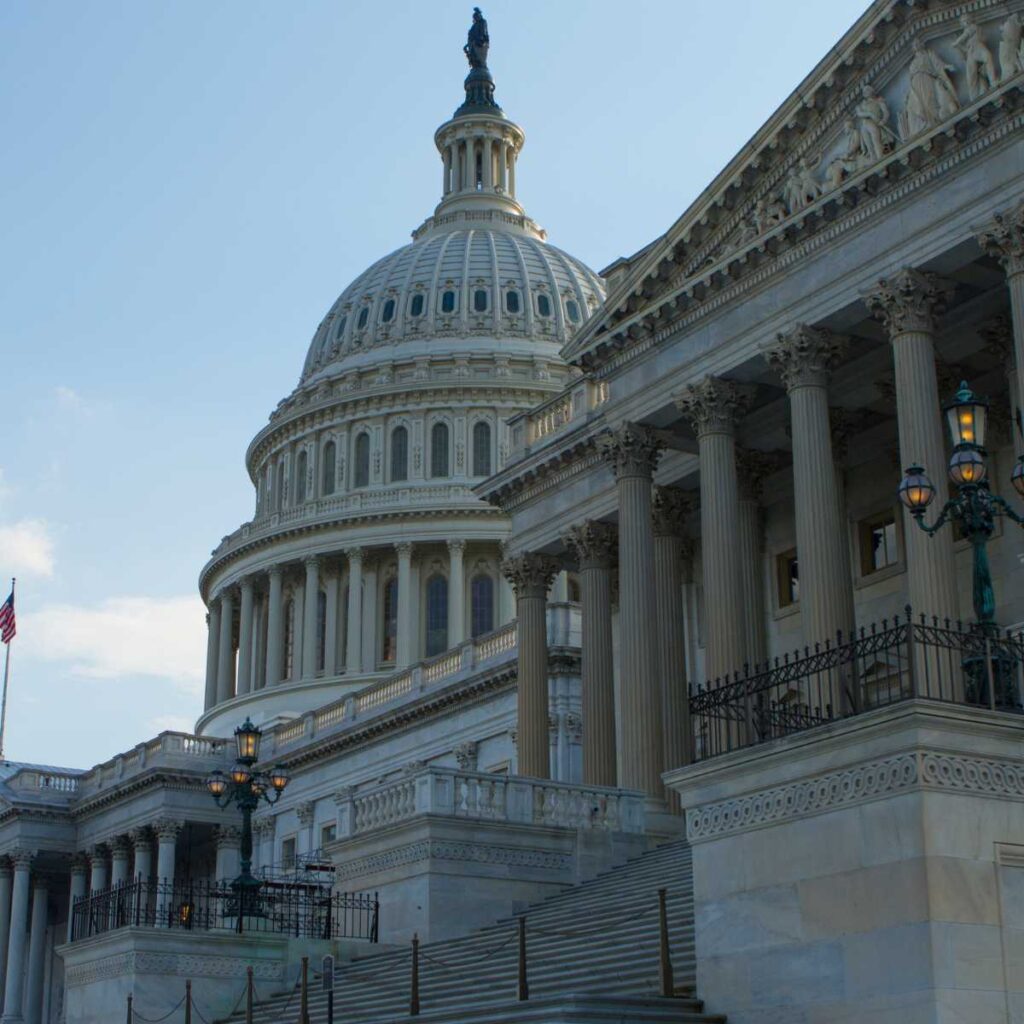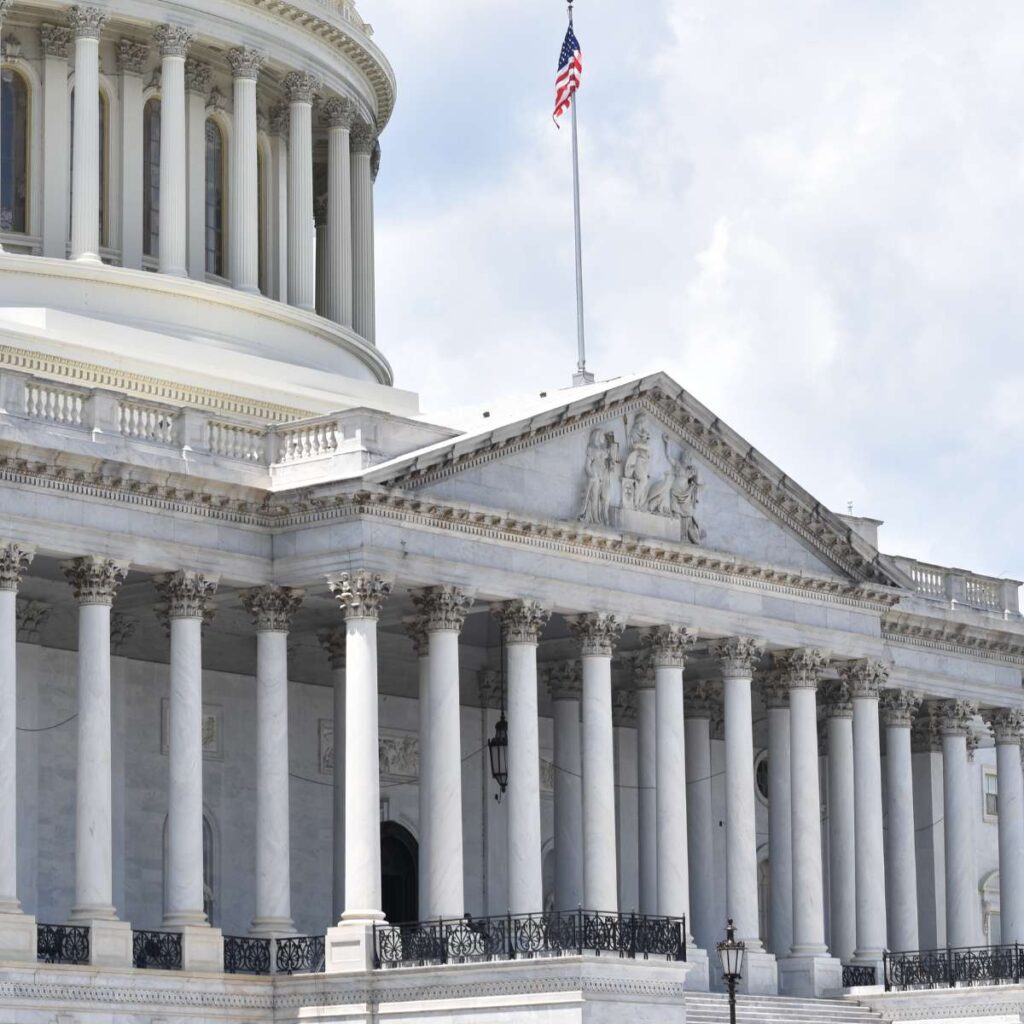“Should We Bid FFP or CPFF?” – A Strategic Pricing Conundrum

In the last year, I have worked with several clients that have been presented with a pricing option in public sector procurements they have been pursuing – either firm fixed price (FFP) or cost-plus fixed fee (CPFF). Deciding which pricing option is the “right” one is a complex decision that hinges on various factors including […]
Government Proposal Consultants: Your Path to Winning Contracts

In the competitive world of government contracting, securing contracts requires more than just submitting proposals—it demands expertise, strategy, and precision. Enter government proposal consultants, your trusted partners in navigating the intricacies of proposal writing and winning contracts. Let’s delve into what Proposal consultants are all about. What are Government Proposal Consultants? Proposal consultants are professionals […]
FAQ’s About Government Proposal Writing

Navigating the realm of government proposal writing can be daunting, especially for businesses new to the process. To shed light on common queries and provide clarity, we’ve compiled a list of frequently asked questions about government proposal writing. Let’s dive in! What is Government Proposal Writing? Government proposal writing involves the creation of comprehensive documents […]
The Benefits Of Government Proposal Writing

Government proposal writing isn’t just about submitting documents—it’s a strategic endeavor with profound benefits for businesses seeking success in government contracting. Let’s explore how investing in proposal writing can yield substantial returns and propel your organization to new heights. Access to Lucrative Opportunities: Government proposal writing opens doors to a vast array of lucrative contracting […]
What is Government Proposal Writing?

Government proposal writing is a specialized skill set crucial for businesses aiming to secure contracts with government agencies. Let’s unravel the intricacies of proposal writing and explore how it plays a pivotal role in the procurement process. Understanding Government Proposal Writing: Government proposal writing involves the creation of comprehensive documents that outline a company’s capabilities, […]
The Benefits of Generative AI for Proposal Writing

In the competitive realm of government contracting, crafting winning proposals is paramount. Enter Generative AI – a game-changing technology poised to redefine the landscape of proposal writing. Let’s delve into the exceptional benefits that Generative AI brings to the table for proposal writers in the government contracting space. Accelerated Proposal Development: Generative AI expedites the […]
Exploring Generative AI for Proposal Writing

In the realm of proposal writing, embracing innovative technologies can revolutionize the way proposals are crafted and submitted. Generative AI, a subset of artificial intelligence, holds immense potential in automating and enhancing the proposal writing process. Let’s delve into what Generative AI for proposal writing entails. Understanding Generative AI: Generative AI refers to algorithms and […]
FAQs about Government Technical Writers

Government Technical Writers play a vital role in ensuring clear and concise communication in government projects. If you’re curious about what they do and how they contribute to project success, you’ve come to the right place. Let’s address some frequently asked questions about Technical Writers. What is a Government Technical Writer? A Government Technical Writer […]
Exploring the Benefits of a Government Technical Writer

In the intricate landscape of government projects, effective communication is essential for success. A Government Technical Writer plays a crucial role in ensuring that technical information is conveyed clearly and accurately. This blog elucidates the significant benefits that Government Technical Writers bring to the table. Clarity and Accessibility: A Government Technical Writer excels in translating […]
What is a Government Technical Writer?

In the realm of government contracting, effective communication is paramount, especially when it comes to technical documentation. This blog aims to demystify the role of a Government Technical Writer, shedding light on their responsibilities, expertise, and contributions to successful project outcomes. Defining the Role: A Government Technical Writer is a professional responsible for creating, editing, […]
